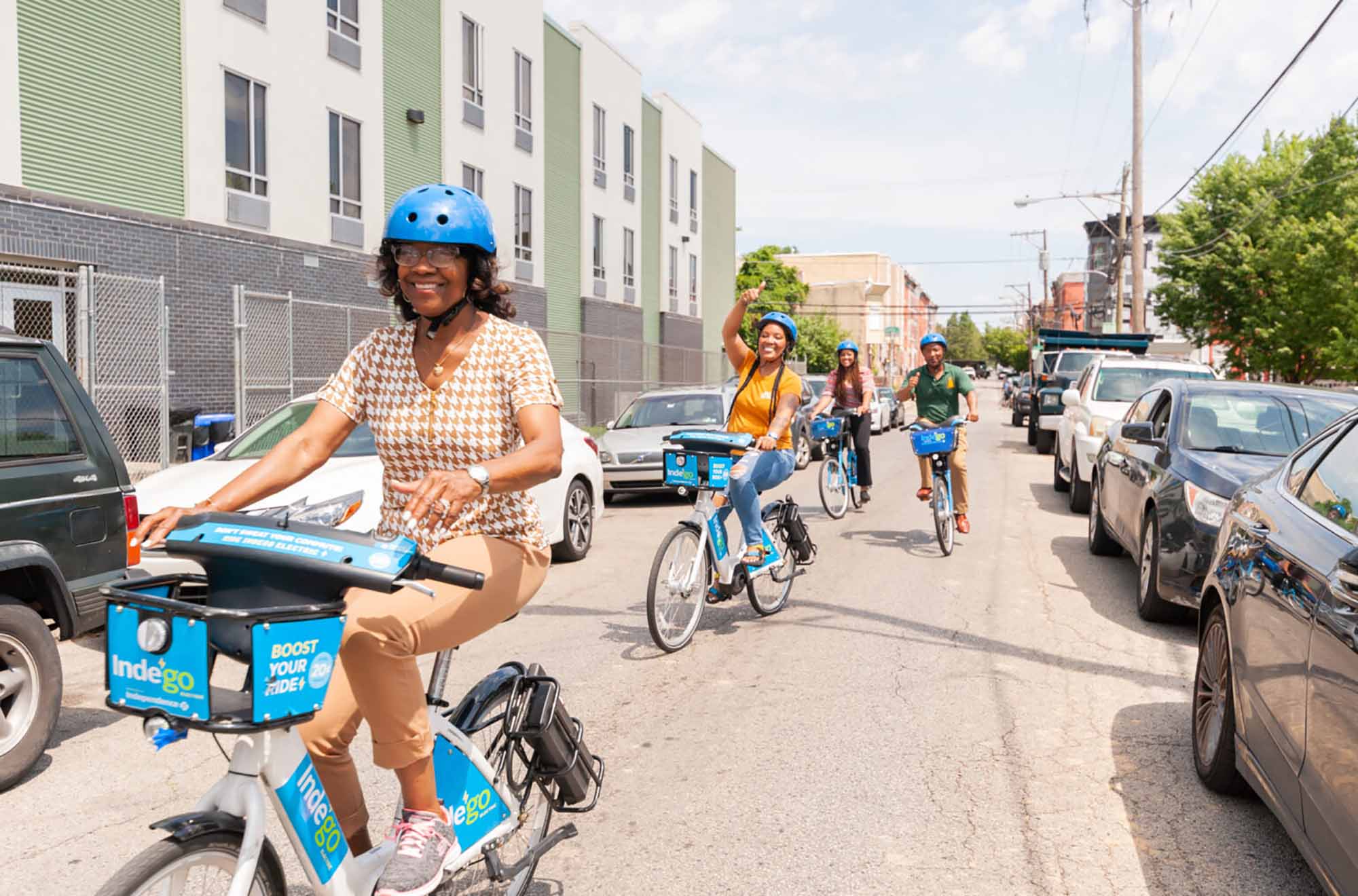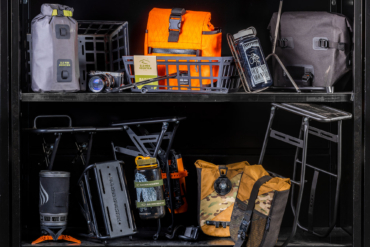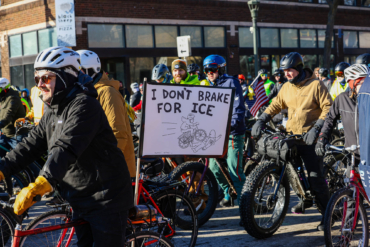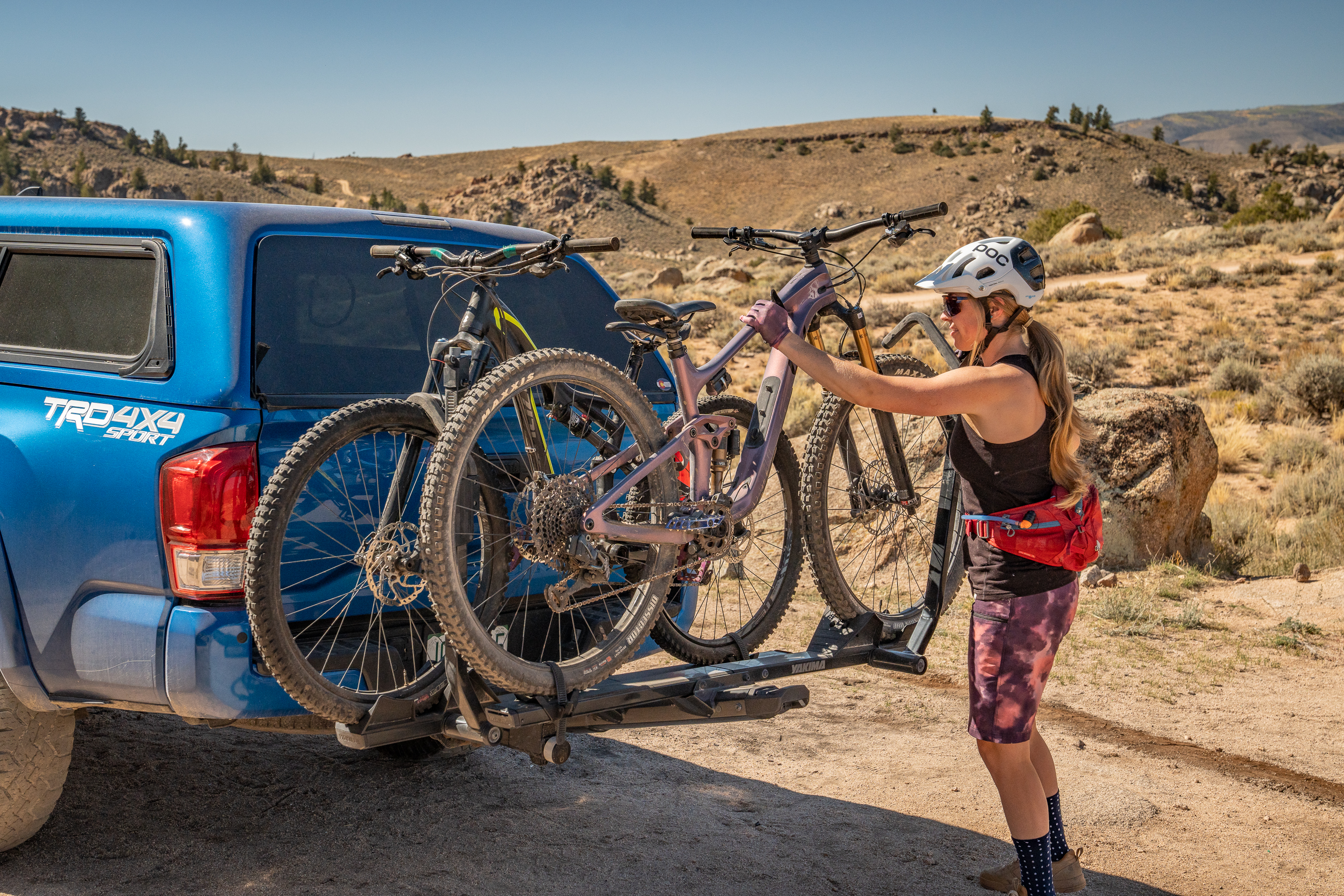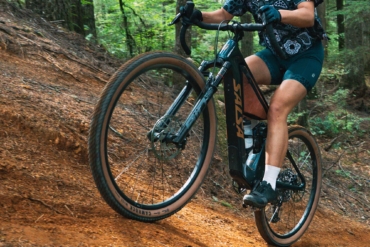As the U.S. commemorated a holiday yesterday about the end of slavery, the Better Bike Share Program just announced another expansion, bringing more transportation options to the people who need them most.
The nonprofit initiative has been funding bike-share programs since its inception in Philadelphia back in 2014. A new grant announced last week ensures 3 more years of funding, expanding programs across the country. That will mean more bikes for America’s underserved communities, often black, Indigenous, and people of color (BIPOC).
“Juneteenth to me is about freedom, it’s about choosing how to live and being able to thrive, and it’s about having access to the many benefits that improve our quality of life,” Tangier Barnes Wright, Better Bike Share’s Senior Partnership and Program Manager, told GearJunkie on Monday.
“Bikes and bike-share offer freedom from being reliant on cars or others to access basic needs. Bike-share offers autonomy and the potential for improving the quality of life for lower-income and communities of color. It means a safer, more reliable way of getting around.”
Bringing Bikes to Those in Need
Bike-share programs have soared in popularity in recent years as cities and local governments across the U.S. have embraced this relatively cheap method of improving transportation.
The trend has found a new buzzword with the rise of “micro-mobility,” a term encompassing rentable bikes and other options, like scooters. Since 2010, shared micro-mobility in the U.S. has seen more than a half-billion trips, according to the National Association of City Transportation Officials (NACTO).
Yet many low-income and BIPOC communities still face obstacles to accessing this growing form of urban transportation. That’s where the Better Bike Share Program decided to focus its efforts. The collaborative effort brought together the PeopleForBikes Foundation, the City of Philadelphia, and NACTO.
In Philadelphia, where the program began, that meant 20 new bike-rental stations placed in or near “underserved communities,” according to the Philadelphia City Fund. As the Better Bike Share Program received additional funding, it expanded its efforts to other U.S. cities through its Living Labs initiative.
That has empowered the nonprofit to tackle bigger transportation issues specific to each new city. In Detroit, it meant offering locals the option to pay for bike rentals with cash. In Cincinnati and Chicago, it meant engaging with young people and local schools.
“Living Labs” cities usually receive years-long grants for systematically breaking down a barrier. But Better Bike Share also provides “mini-grants” for shorter-term projects, such as the “Golden Rollers” program in San Antonio. Spearheaded by the city’s Ghisallo Cycling Initiative, the program offered guided rides and education for senior citizens and older adults.

Is Your City Next?
With its latest grant, Better Bike Share will bring its Living Labs program to several new cities across the country. Local governments will be able to apply for one of those grants later this year, Barnes Wright said.
The exact size of each grant, all donated by The JPB Foundation, hasn’t been disclosed. But the money will fund another round of the Transportation Justice Fellowship, as well as additional bike-share options for needy communities.
After 9 years, Better Bike Share has witnessed the power of putting a bike in the hands of someone with few options for getting around, Barnes Wright said. Car ownership dominates transportation in the U.S., and those without the resources to own and maintain a vehicle often get left behind, she said.
Bicycles offer a different path forward.
“It’s a way for BIPOC communities to connect to one another on our streets,” she said. “Our programming has the possibility of uniting people in a way where they feel safe. It’s also another means of recreation for folks who don’t have access to that equipment.”
Perhaps most importantly, bikes can provide a sense of control over your own life.
“Shared micro-mobility presents this option to be in control of your own transport,” Barnes Wright said. “You’re in control of how you’re getting to and from where you need to go.”
